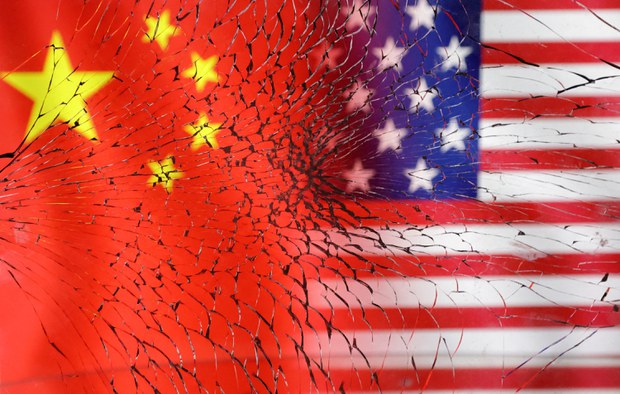Business & Tech
Expanding Horizons: Unpacking the 2024 US-China Trade Disputes and Global Economic Impact

The ongoing trade disputes between the United States and China have been a focal point in international economics, reflecting broader geopolitical tensions. These disputes have evolved and expanded into new sectors, influencing global trade dynamics and economic policies worldwide.
The trade relations between the US and China have historically been complex, characterized by high economic interdependence juxtaposed with significant political and strategic tensions. Initially rooted in mutual economic benefits, the relationship has faced increasing strain over issues such as intellectual property rights, trade imbalances, and technological transfers.
In 2024, the US-China trade disputes have broadened in scope, touching new areas like digital technology and cybersecurity. These tensions reflect deeper strategic competitions and divergent economic policies. The US has continued to press China on practices it deems unfair, such as intellectual property theft and forced technology transfers, while China accuses the US of attempting to curb its economic ascent.
The ripple effects of US-China trade tensions are significant, impacting global supply chains and market stability. Industries highly integrated with Chinese markets, like automotive and technology, face higher tariffs and operational uncertainties. This situation prompts multinational corporations to reconsider their geographical and strategic investments to mitigate risks.
The ongoing disputes could lead to a more fragmented global economic environment, where major powers pursue increasingly protectionist policies. This scenario could undermine decades of globalization efforts, potentially leading to economic decoupling between major economic blocs.
Both nations have employed a mix of strategies in dealing with the disputes. The US has focused on strengthening domestic policies to enhance economic independence from Chinese supply chains and maintain its competitive edge. Conversely, China has leveraged its economic policies to fortify its domestic industries and reduce reliance on American markets.
The US-China trade disputes are more than a bilateral issue; they are indicative of shifting global economic paradigms and the reconfiguration of international power dynamics. As both countries navigate these troubled waters, the global community remains watchful of the potential implications for international trade and economic stability.
This analysis draws from a variety of current discussions and expert insights on the topic, underscoring the complexity and significance of the US-China trade dynamics as they continue to evolve in 2024.
